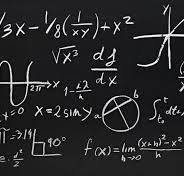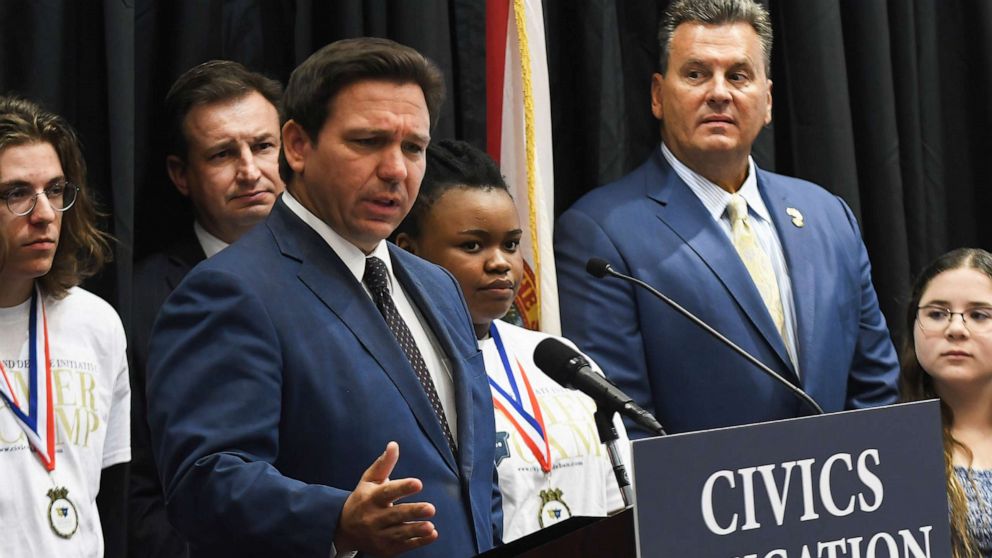While scrolling through Instagram, Joi Mitchell saw an ad for a company that provides high-impact tutoring and clicked on it.
“I was running away from teaching because my whole family are teachers,” she said. “But I always wanted to work with kids.”
She signed on and started tutoring students at two Washington, D.C., public high schools last year. At first, it was heavy lifting. With one student especially, she said, it felt “like I was falling on a brick wall — he was always trying to ditch tutoring.” So she spoke to him one-on-one, explaining how tutoring could help him. He began showing up and making progress.
“The most fulfilling part of tutoring is that ‘aha’ moment when students finally believe in themselves, too,” Ms. Mitchell said. “My mom calls it the teacher drug.” The most recent National Assessment of Educational Progress (NAEP) scores — often called the nation’s report card — came out and the results were not just a wake-up call, but a fire alarm. The test, taken by 9-year-olds nationwide, showed math scores plunging by seven points from prepandemic levels, and reading scores by five, erasing roughly two decades of academic progress.
As schools confront this massive learning loss, tutoring may be one of the most effective tools they have to get students back on track, many experts said.


